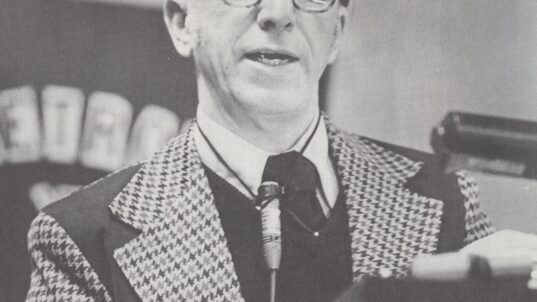
Image by John Rosa from Pixabay
How can a discussion team help its members stay on-topic?
Dr. Akil Jeffries was observing his discussion groups and was dismayed by what he was hearing. All but one of the groups were totally unfocused on the discussion topics. The discussions resembled more of a Friday night hangout at a local beer joint. Dr. Jeffries looked more closely at the one group that seemed more focused. What he saw was…unusual.
The discussions were focused, but when someone in the group brought up something totally unrelated, the other members of the group would wiggle two of their fingers up and down at the offender. When this happened everyone laughed, and the discussion was brought back into focus.
Jeffries was so intrigued that he joined the group and asked about the finger wiggling. Heather spoke up,
I’m a history buff and I learned this by reading about FDR’s Office of Price Administration. When companies came asking for authority to increase prices, the members of the OPA would wiggle their fingers when the company had no real case to make. They said it came from the way ants wiggle their antennae in excitement when worker ants are bringing in a fresh pile of horse manure. It was a way to signal, ‘here comes a bunch of horse crap.’ For us, it’s a fun reminder to stay focused.
Dr. Jeffries burst out laughing and said, “I’ll use that in my classes from now on.”
Staying focused can be a real challenge for collaborative teams. A facilitator can help keep the team focused, but as often happens, the discussion can get away from the facilitator. Ultimately discussions will only remain focused if those on the team govern themselves. Wiggling fingers is a lighthearted but effective way to get the team members to help maintain their focus. There are other approaches that could be used. It helps if discussion teams develop their own discussion agreements that will guide their behavior for staying on-topic. The Interactivity Foundation’s Guidebook for Student-Centered Classroom Discussions (and other education resources available at our website) may be helpful for thinking about ways to help groups stay focused.
As the members of the Office of Price Administration moved on to new organizations, they brought with them the finger wiggling story. This simple act became part of the culture of their respective new organizations. When discussion groups experience something that works, they will often share it with other groups they are a part of.
Think about what you have learned about effective collaborative practices. Have you shared them with others? Just imagine the impact that Heather had on her teammates and future students in Dr. Jeffries’ class. She created a legacy by sharing a story. All of us can do that with our own stories. What are your practices for helping a group to stay focused? What stories do you have to share?
* * *
It’s hard to edit. It’s hard to stay focused. And yet, we know we’ll only do our best work if we stay focused. And so, you know, the hardest decisions we made are all the things not to work on, frankly. – Tim Cook (CEO of Apple)
This post is part of our “Think About” education series. These posts are based on composites of real-world experiences, with some details changed for the sake of anonymity. New posts appear Wednesday afternoons.



